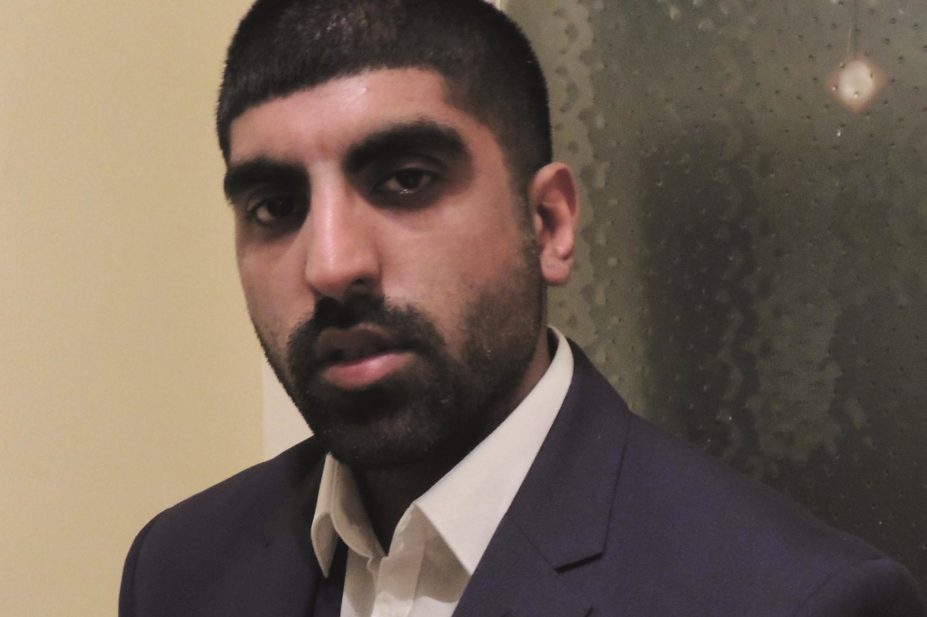
Ravi Sharma
What is the purpose of the programme and why did you decide to do it?
We understand that general practice is currently under a considerable amount of pressure. There is an increase in demand for services and a massive need for patients to have greater access to healthcare. Therefore, DMC Healthcare, a group of GP practices and clinics across South East England, has set up and funded a project to help develop the role of a junior primary care pharmacist in general practice.
We currently have six junior primary care pharmacists, who each have less than two years’ experience in practice, working across six GP surgeries in London and Kent. The pharmacists have now been working in their respective practices for between six and twelve months.
The purpose of the programme is to introduce a new skill mix into general practice, allowing the development of a strong integrated healthcare team, improving patient safety, reducing the pressures on the general practice workforce and providing an innovative role for pharmacists.
The pharmacists are able to learn from other healthcare professionals and also share their own expert knowledge. This creates a positive learning environment for all members of our multidisciplinary team. In 2014, DMC Healthcare was nominated for a Health Services Journal award for integrating pharmacists within general practice.
What has the programme achieved and what are the next steps?
Although the programme is still in its early stages, it has already produced some positive outcomes. We have been able to increase patient access to healthcare professionals, offer a greater number of services — some with extended hours — and reduce GP workload by over 30% per week. The programme has also helped improve the safety of medicines reconciliations when patients are admitted to and discharged from hospitals and care homes, and improve signposting and triage to other healthcare professionals and services. There has been a reduction in medicines waste and overuse, and the safety and efficiency of the repeat prescribing process has also improved.
Pharmacists are able to learn from other healthcare professionals and share
their expert knowledge
The junior pharmacists must keep an ongoing portfolio of practice, which will allow them to review their learning and build on their experiences. They will also work alongside their GP clinical leads to develop areas of specialised interest. Once they have been registered as pharmacists for two years, they will have the opportunity to become independent prescribers.
I am now working on a project for the development of pre-registration pharmacist placements within general practice.
What do the junior pharmacists’ roles entail?
The junior pharmacists have a wide variety of responsibilities, including managing the repeat prescribing process, completing medication reviews, monitoring patients who take high-risk drugs and collecting blood samples. Registered patients have been given direct telephone access to the junior pharmacists for queries about medicines and general health advice, which also allows pharmacists to triage patients to appropriate healthcare professionals.
Other responsibilities include managing medicines cost-effectively, screening for chronic conditions, and promoting self-care and public health campaigns.
The training syllabus has been developed in-house by senior pharmacists, GP clinical leads and directors. Junior pharmacists are assigned, supported and trained by a senior pharmacist and a GP clinical lead. Training is achieved through shadowing practice, having daily meetings with a senior pharmacist, having reflective discussions of patient scenarios in weekly clinical meetings, attending multidisciplinary team meetings with the wider healthcare teams, and attending a variety of training courses.
What challenges have you faced in setting up this programme?
One challenge was educating the healthcare team and patients about the role of pharmacists in general practice. The majority of healthcare professionals and patients are unaware of the role and how they could benefit from it. We overcame this by interacting with the team and allowing them to understand our scope of practice. We have provided our staff and patients with information leaflets about the tasks that can be performed by a pharmacist. We have also engaged with our patient participation groups and given patients a chance to have an input in developing the role.
What advice would you give to someone who wanted to do something similar?
This role is beneficial to pharmacists, GPs and patients and we must promote it collectively. I would advise others to engage with pharmacists who are currently working in general practice.
Members of the Royal Pharmaceutical Society can also join an online forum, ‘Pharmacists in general practice’, which can help them keep up to date with working care models and the latest developments surrounding the role.
For further information, contact us via www.dmchealthcare.co.uk or on Twitter @DMC_Healthcare.

